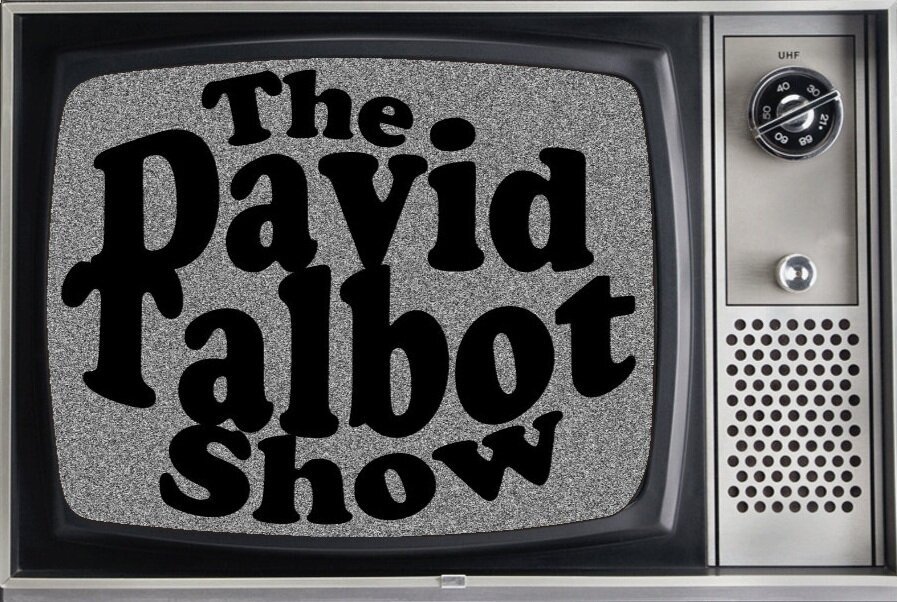Must All Heroes Be Canceled?
The San Francisco School Board is officially now the laughing stock of the nation, with its “incorruptible, Robespierre revolutionary” zeal (in the words of my friend Gary Kamiya in The Atlantic) to slap more politically correct names on 44 public schools. One school board member wondered aloud if schools should be named after ANY prominent people, because human beings are by their very nature, well, human. Malcolm X, for instance, was a pimp before he became a Black liberation leader — but the board decided to excuse his earlier exploitation of women because of his later radical heroics. No such waiver was granted less revolutionary figures.
So can our rigid times allow for heroes, flaws and all? It’s a question that I’ve been chewing over for some time because I’ve just finished coauthoring a book (with my sister Margaret) about the radical heroes of the 1960s and ‘70s. All of them had personal and sometimes political liabilities. Martin Luther King Jr. was a womanizer. So was Tom Hayden — and a drunk as well. Dennis Banks and Russell Means — the charismatic leaders of the American Indian Movement — were both street criminals before they became heroes of the Native American rights movement. And so on, and so on. And yet it took these extraordinary men and women to galvanize people and move history forward. For me, their human flaws and how they struggled with their demons make them even more fascinating — and yes, heroic.
So screw the little Robespierres of the world — the censorious bureaucrats of the left and right who try to purge life of all ambiguity and complexity. I might not look up to statues of Washington and Jefferson anymore (I draw the line on slave owning). But I still want heroes, even with feet of clay.

